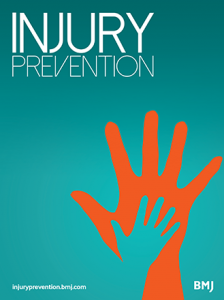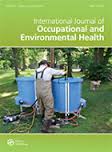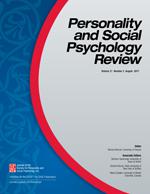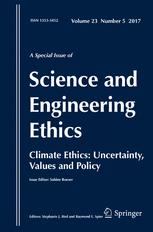 A think tank has re-issued a report on child welfare in the U.S., six months after it pulled the document amidst criticism from dozens of researchers.
A think tank has re-issued a report on child welfare in the U.S., six months after it pulled the document amidst criticism from dozens of researchers.
The report offered policy recommendations for improving the child welfare system, based on numerical modeling conducted by researchers at the RAND Corporation.
RAND pulled the initial version of the report in June, after researchers — including Richard Barth, dean of the University of Maryland’s school of social work and Emily Putnam-Hornstein, of the University of Southern California — criticized the model for underestimating the rate of maltreatment over a child’s lifetime.
The report, reissued Dec. 11, contains updates detailing how the RAND researchers addressed the criticism. However, Jeanne Ringel, a senior economist at RAND and the study’s lead author, told us: Continue reading RAND re-releases withdrawn report modelling child mistreatment



 Can seeing a weapon increase aggressive thoughts and behaviors?
Can seeing a weapon increase aggressive thoughts and behaviors? 
 Last month, a colleague of emergency medicine doctor
Last month, a colleague of emergency medicine doctor  When economist Jason Hockenberry looked at data comparing some of the financial issues facing different U.S. hospitals, he was surprised by what he saw.
When economist Jason Hockenberry looked at data comparing some of the financial issues facing different U.S. hospitals, he was surprised by what he saw. The
The 